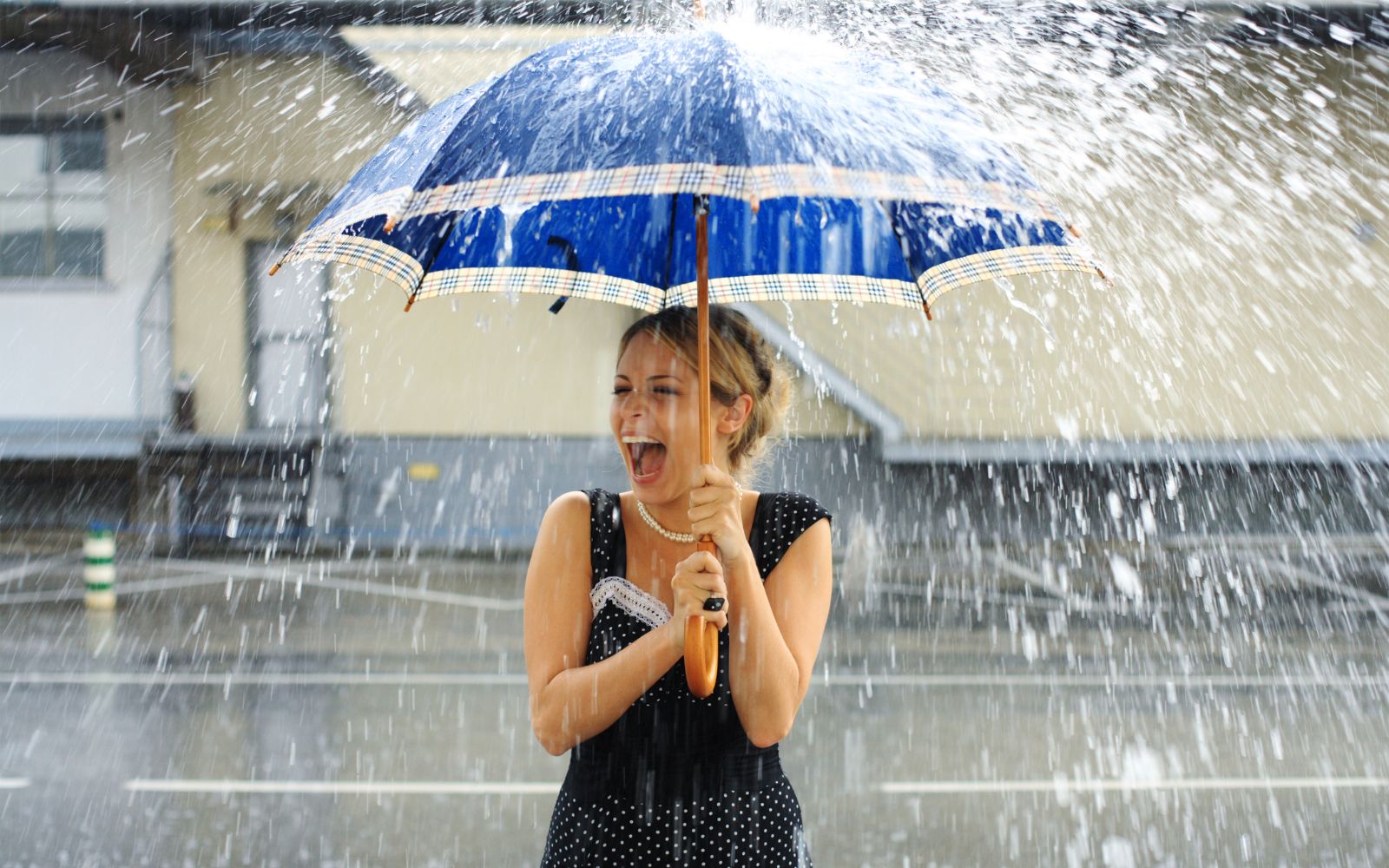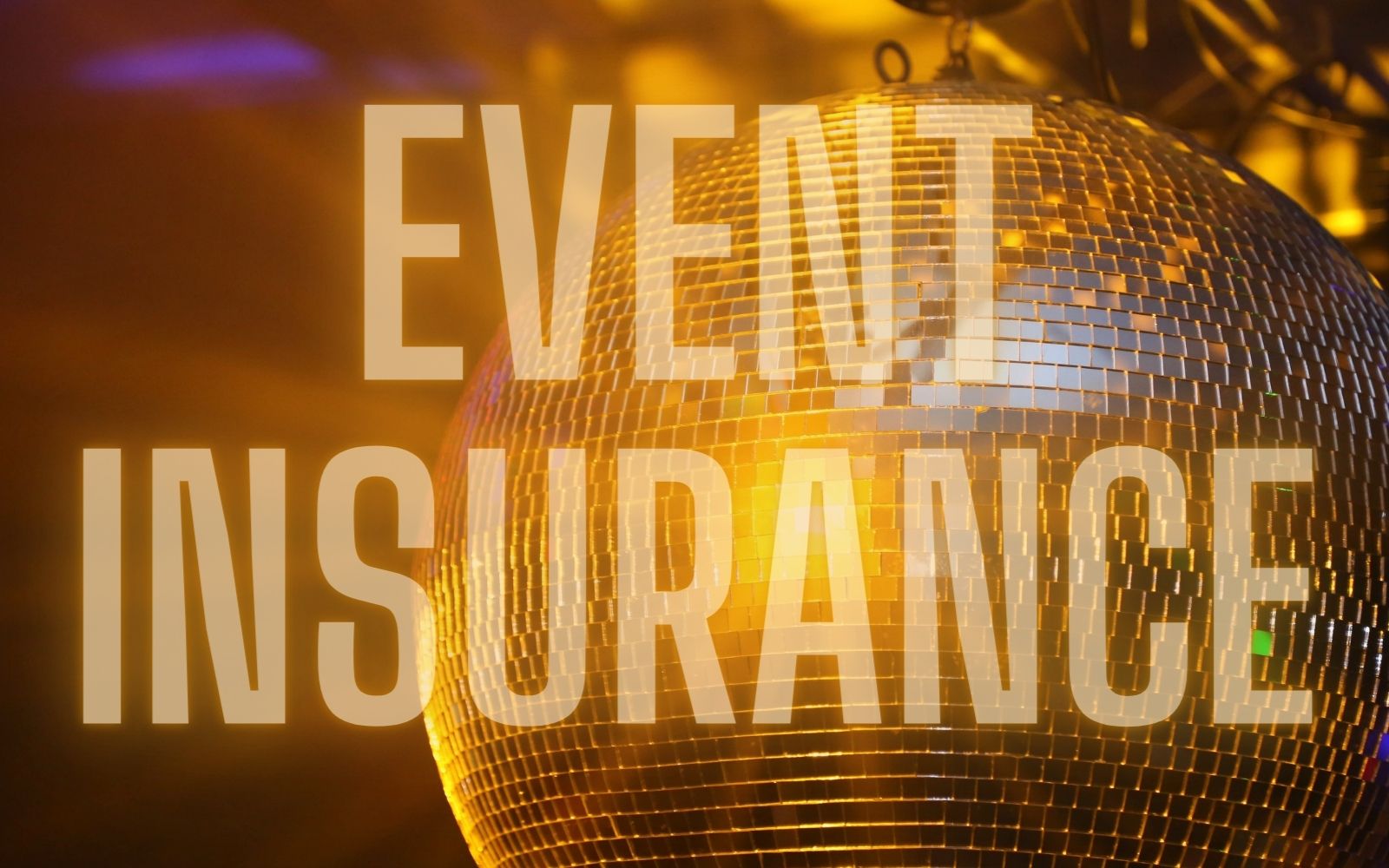As exciting as it can be, planning and hosting an event usually comes with a certain level of risk.
No matter how well-organized and carefully planned an event may be, unexpected accidents and incidents can occur, which can lead to liability claims and financial losses. This is where insurance comes in.
Insurance provides a safety net for event organizers and participants, helping to mitigate potential risks and cover the costs of unexpected incidents. However, not all insurance policies are created equal, and it’s important to understand the different types of coverage that may be necessary for a particular event.
The types of insurance needed for events can vary widely depending on the type of event, the location, the size, and other factors.
Regardless of the type of event, it’s essential to have the right insurance coverage in place to protect against the unexpected. In this article, we’ll explore some of the types of insurance that may be necessary for events and event management companies such as Mavrix. It also provides insights on how to choose the right coverage for your specific event.
1) General Liability Insurance
General liability insurance is an essential type of insurance for any event. It covers claims of bodily injury or property damage that may occur during the event. For example, if a guest slips and falls on a wet floor or if a vendor’s display accidentally damages the venue’s property, general liability insurance can provide coverage for medical bills, legal fees, and damages.

2) Event Cancellation Insurance
Event cancellation insurance can protect against financial losses due to unforeseen circumstances that may force the event to be cancelled or postponed. This can include extreme weather conditions, natural disasters, and other unforeseen events that are out of the organizer’s control.
Event cancellation insurance can provide coverage for:
Lost revenue – Covers the revenue that would have been earned from ticket sales, sponsorships, and other sources.
Deposits and other expenses – Covers the non-refundable deposits and expenses associated with the event, such as catering, equipment rental, and marketing costs.
Additional expenses – Covers the additional expenses incurred if the event is rescheduled or relocated.
3) Property Insurance
Property insurance is another type of insurance that may be necessary for events. It protects against damage or loss of property owned by the event organizer or exhibitors. This can include equipment, furniture, and other materials used during the event.
Property insurance can provide coverage for:
Fire and smoke damage – Covers damage caused by fire or smoke, including damage to the venue, equipment, and other property.
Theft and vandalism – Covers losses caused by theft, burglary, and vandalism.
Natural disasters – Covers damage caused by floods, hurricanes, earthquakes, and other natural disasters.
Business interruption – Covers lost revenue and expenses if your event is cancelled or postponed due to property damage.
4) Workers’ Compensation Insurance
If your event involves paid staff or volunteers, workers’ compensation insurance may be required. This type of insurance provides coverage for medical expenses, lost wages, death benefits and other costs if an employee or volunteer is injured on the job.

5) Liquor Liability Insurance
If alcohol will be served at your event, liquor liability insurance is necessary. This type of insurance can protect against claims of property damage or bodily injury caused by an intoxicated guest. Depending on the state, it may be required by law to have this type of coverage.
Liquor liability insurance typically covers:
Bodily injury – Covers the medical expenses, legal fees, and damages associated with injuries caused by an intoxicated guest.
Property damage – Covers the cost of repairing or replacing property damaged by an intoxicated guest, such as furniture, fixtures, or other personal property.
Legal fees – Provides coverage for legal fees and court costs if a lawsuit is filed against the event organizer or venue for damages caused by an intoxicated guest.
It’s important to note that liquor liability insurance may not cover all types of alcohol-related incidents. For example, if an employee or volunteer serving alcohol is found to be at fault for serving to an underage guest or over-serving an intoxicated guest, they may be held personally liable.
6) Automobile Liability Insurance
If your event involves the use of vehicles, such as shuttle buses or rental cars, automobile liability insurance is necessary. This insurance provides coverage for accidents that may occur during the event involving the vehicles used for the event.
Automobile liability insurance typically covers:
Bodily injury – Covers the medical expenses, legal fees, and damages associated with injuries caused by a vehicle involved in the event.
Property damage – Covers the cost of repairing or replacing property damaged in a vehicle accident related to the event.
Legal defense costs – Covers legal fees and costs associated with defending against a claim related to a vehicle involved in the event.
7) Special Event Insurance
In some cases, a special event insurance policy may be necessary to cover a unique event or situation that falls outside the coverage of other insurance policies. This can include events such as weddings, outdoor festivals, and other events with unique risks.
Hosting an event can be a wonderful experience, but it’s important to carefully consider the risks and take steps to protect yourself, your guests, and your business. By understanding the types of insurance that may be necessary for your event and working with an experienced insurance broker or expert, you can ensure that you have the right coverage to protect against potential losses and liabilities.

